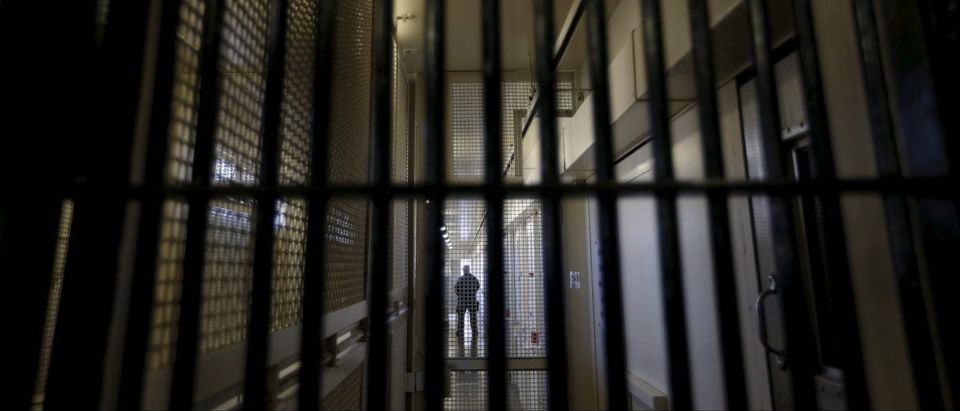James Bigby is scheduled to die. On March 14, the state of Texas will execute Mr. Bigby for the double murder of Michael Trekell and his infant son. Mr. Bigby has been in police custody since 1987 and on death row since 1994.
Across our nation, many state legislatures are considering bills that update or eliminate death penalty statutes. The list of states where the death penalty is still legal reveals an overwhelming number of conservative, red states still employ the use of the death penalty. Some conservative states are even adding tools to state corrections facilities’ life-ending arsenal.
Mississippi state legislator Andy Gipson championed a bill this past week, which attempts an end-run around cruel and unusual punishment constitutional challenges through a laundry list of new ways to execute inmates on death row including the firing squad and electric chair.
This trend follows other conservative states. Tennessee brought back the electric chair in 2014. The Oklahoma state legislature added nitrogen gas as a permissible tool in 2015.
This is the exact opposite course our country should be taking with death penalty legislation and the antithesis of conservative ideals. Simply put, the death penalty is not conservative. It never has been. The party of life cannot also be the party of death.
An exhaustive number of arguments extol the death penalty’s evils including the state cost of capital punishment, the length of time on death row, the certainty of guilt or innocence. While these arguments have merit, conservatives should recalibrate the definition of justice and refocus the goals of the criminal justice system.
The term “justice” has developed a sort of perverse meaning in modern culture. Criminal justice debates often reflect this oscillating tension in society’s mind of what is fair and righteous to wanting criminals to hurt as we have hurt because of their actions. As a society we have constructed a criminal justice system to reflect the principle that criminals owe society something in payment for their crimes. Yet, in particular cases of extreme harm, many states have in their statutes that this debt can be your life. However, where life sentences and executions equal the same outcome of a “life” being offered in payment of this debt to society, the only difference is then that society is taking a life, as a sort of expedited “justice.”
Does this mean that society then needs to execute? Is there some heightened debt paid by execution rather than decades of jail time? There is no doubt that Mr. Bigby committed a vile act, drowning an infant and brutally murdering an innocent man. The baby’s mother and others victims of this act live with what must be an incomprehensible grief and anguish. They may wish death upon Mr. Bigby, they may not. Who could blame them? As I am sure many of us would want revenge and pain for perpetrators who commit harm against us.
But, vengeance is not the same thing as justice. We hear prosecutors or legislators say that the death penalty provides solace, peace, and justice to families and communities. How could it? An eye for an eye does not repair the wounded already inflicted. It only exacerbates wrath and speaks to the greater flawed human condition of which we often battle our passions with our reason, our anger with our quest for peace. An execution never brings good. Only further death.
Conservatives are the champions of unborn life but must expand this care for humanity even to the inhumane. Without this approach, our policies reflect a mistaken definition of justice, which really likens to vengeance. Conservatives ought to fight for life, giving inmates as many opportunities as possible to recognize our common humanity even to their dying day in prison.
Mr. Bigby’s execution in Texas may or may not relieve some suffering for the victims. But as a society, executing Mr. Bigby exposes the wrath that we carry in our hearts, a vengeance that we have disguised as justice that can no longer find safe harbor in our hearts.


